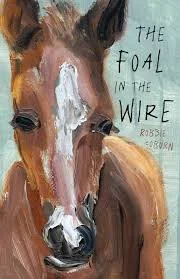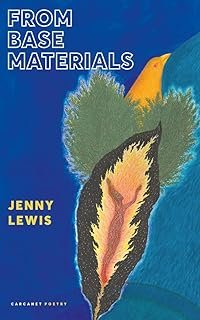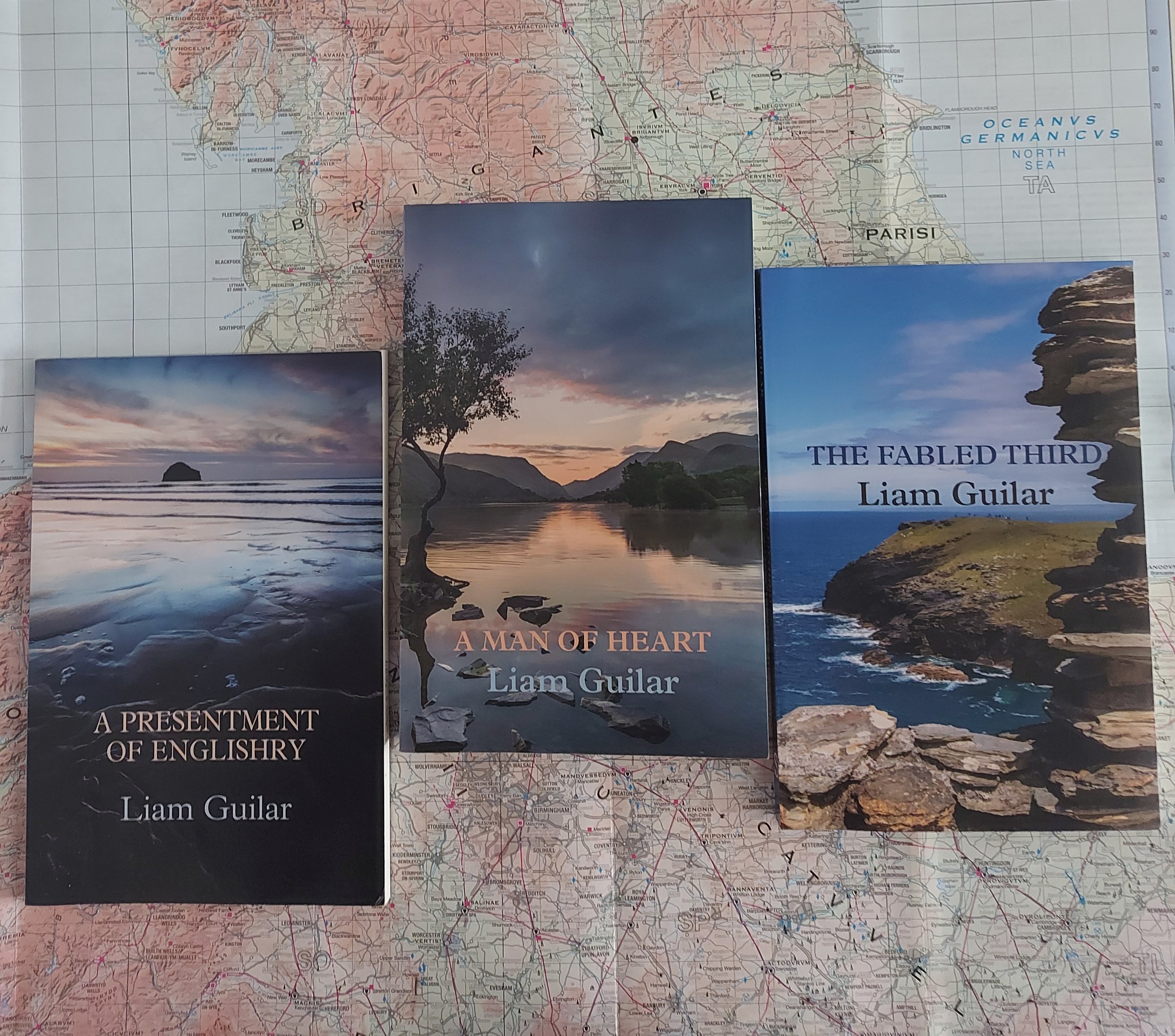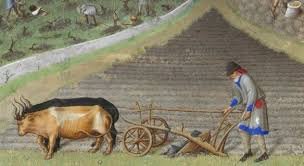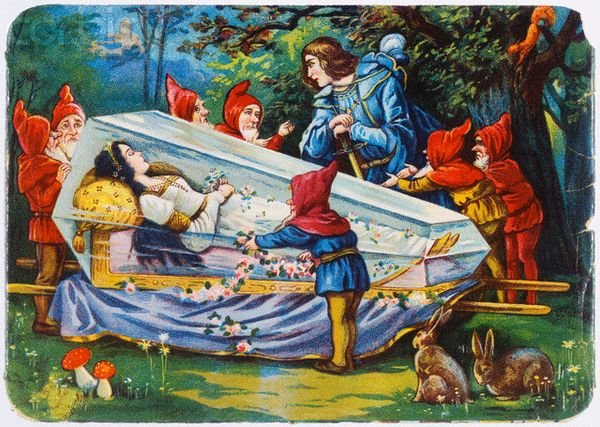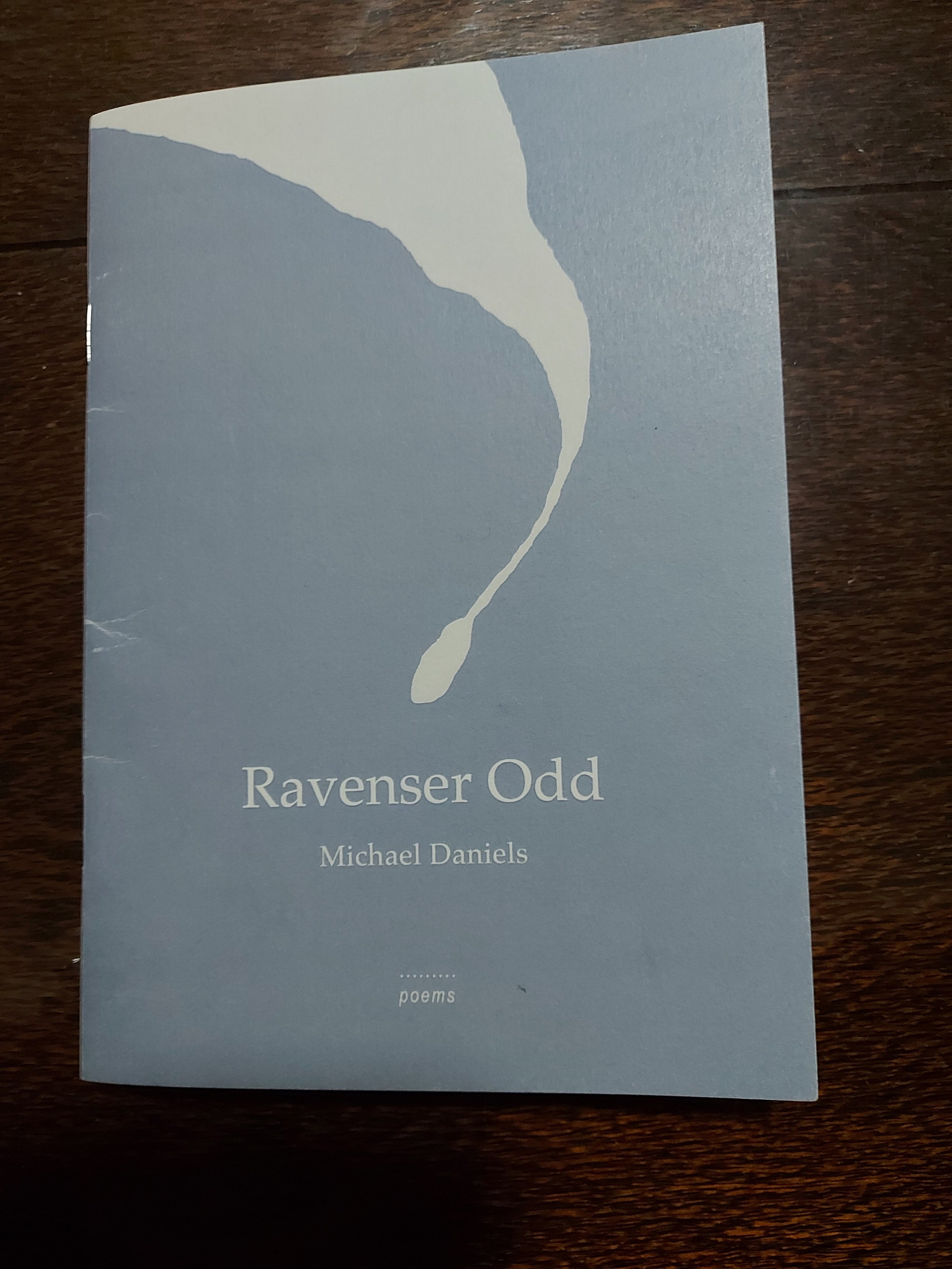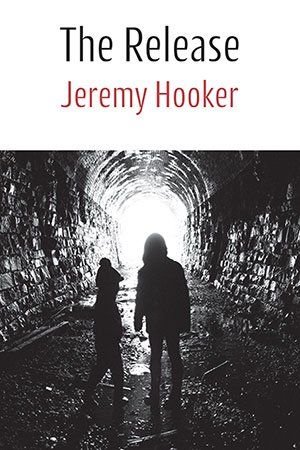This began as an attempt to write a review of Jeremy Hooker’s The Release (Shearsman 2022). Then I began to wonder if it is possible to write an honest response that wasn’t distorted by the paradigms of the literary poetry review.
‘The Release’ is a combination of prose journal recording time Hooker spent in hospital between June 2019 and August 2020 and the poems that grew out of the experience.
I read it in one sitting. The remains of ex-tropical cyclone Tiffany were still rummaging round the coast, occasionally crashing rain against the house. When the floor to ceiling curtains were blown horizontal, I remembered to stop and close the windows. Otherwise, I went on reading.
A positive, enthusiastic response.
I wondered if I could review it. Then it occurred to me that what might be important was my reaction to the book, and my ability to explain that was secondary. We learn to read poetry in school, and we naturalise the idea that the appropriate response to the poem is analytical and critical.
I am increasingly convinced that an enthusiastic response is initially more important than the cerebral one that comes in its wake. Without it, or at least an acknowledgement of its absence, criticism starts in the wrong place and is never more than a performance with a text as a starting point. I’ve read so many critical discussions of poets and poems that make me wonder if the critic or reviewer enjoyed the work they were writing about.
In hospital, Hooker was reading Barry Lopez’s Horizon. It’s impossible for me to read his comments without remembering the first time I heard that name, who I was with, where we were, or remembering sitting on a sand dune watching the sun rise over the Pacific, reading Crossing Open Ground.
It’s for me impossible not to be interested in what Hooker has to say about David Jones. His book on Jones is still one of the most sane and lucid discussions of that baffling writer, and over the years he’s qualified and revised his opinions and hasn’t been afraid of doing that in print. I’ve recently being struggling with a critical book on Jones published in 2021, wishing the writer had Hooker’s clarity and generosity.
And the poems. The Selected Poems, published in 2020 were impressive, but these seem to have picked up and gone further, giving the lie to myth that poets do their best work in their twenties.
However, to enter into dialogue with a third party about poetry it’s necessary to go beyond the subjective. Who cares about my reaction to Barry Lopez? Who was David Jones? And then there’s another immediate problem. How do you talk about poems? There are ready made tool kits available from which you could cobble a passible review if you were lazy.
There’s The Reviewer Tool Kit. It contains phrases and words like ‘brilliantly original’ ‘innovative’, ‘genre breaking/bending’, ‘searing’, ‘coruscating’ ‘raw’, ‘honest’. The poet is ‘reinvigorating the language’, ‘redefining poetry’, ‘pushing the boundaries of the possible.’ Most of the time, if you’re honest and not ignorant or suffering from Historical Amnesia, you know they don’t apply. You can count the truly original, ground breaking genre breaking poets in the 1500 years of English poetry on one hand.
There’s also an Academic Poetry Tool Kit which has changed so greatly in my life time. The formalist reading gave way to ‘theory’. That seems to have faded. Today, you don’t even need to read the poems. If the poet is dead, you can rifle through the biography and the letters, commenting on statements which suggest political affiliations no longer in fashion, or time bound attitudes that are no longer acceptable. Or the poems can be discussed in terms of ideologies, praised when flying the flag for whatever group is currently fashionable, or whichever particular ideology the critics are currently marching behind, damned when they don’t.
Either tool kit allows the reviewer to sound like a wine connoisseur flaunting the appropriate vocabulary; the equivalent of a knowing wink or secret handshake for a limited circle of cognoscenti. To most people, it sounds like a wine connoisseur fraudulently trying to sell the nastiest chateau de plonk. Or for those of us old enough to remember, earnest music critics trying to intellectualise The Stones.
To strip away this sludge and get to the experience of reading a book requires an effort and the results are neither succinct nor pretty. In Joyce’s phrase, one is always going to be ‘almosting it’ teetering preciously on the border lines of an informed and hopefully intelligent subjectivity threatening to disappear into vagueness.
After all, the book that redefines your world can bore your best friends. Your highly erudite, well-read acquaintance thinks there’s something very wrong with you because you cannot see any value in the poet he or she is spruiking.
And discussing poetry becomes even more difficult, when dealing with a poet like Hooker who avoids the tricks and twitches of the fashionable.
One of the earliest surviving comments on a poet in English is Laȝamon's succinct praise of Wace, whose work he must have lived with and known inside out and backwards as he translated the 15,000 lines of his work.
Boc he nom þe þridde; leide þer amidden.
þa makede a Frenchis clerc;
Wace wes ihoten; þe wel couþe writen.
‘He could write well.’ There may be few poets in history who are original ground breaking language reinvigorating or boundary pushing but there’s a host of great poets who wrote well and will always be worth rereading. Tongue in cheek, is there anything else needs be said about Yeats?
However, (again) if I move from the subjective to the public, is my knowledge of poetry broad enough and deep enough, and have I considered it thoroughly enough, to validate the statement ‘This is well written’?
It is still not enough. There are any number of modern poets who can ‘write well’ whose work is instantly forgettable. Their books are on my shelves and once read rarely get taken down. Who would pay to hear a guitar player run scales? The poem has to be well written, and at the same time offer something to the reader beyond the spectacle of a self-applauding performance.
I don’t know the answer, or if there is an answer.
END OF PREAMBLE.
The Prose.
The journal entries in The Release are an elegant record of a questioning intelligence moving through a difficult personal time and shaping that experience in clear precise prose.
Presented as an integral part of that experience, there’s a perhaps unfashionable set of questions. What is the purpose of writing poetry in English in the 21st century; what is the purpose of art; is great art possible or desirable; what is the role of ego in first person poetry and why is the NHS so badly underfunded and staffed by overworked people who appear in the pages of the journal as compassionate figures doing their best.
For Hooker the first question seems as important as the last. He navigates his way tentatively, while recording his dealings with the other people in his ward, the staff, visitors and the inevitable health concerns, so the literary is not presented as something precious and off to one side but as mundane and important as being wheeled off for an ECG.
‘Feeling his way’ [his term] allows the writing to perform its own contradictions and avoid didacticism. I might agree with him that we need admiration bordering on hero worship in poetry, immediately qualifying that by pointing out he’s hard on his heroes, but that thought is already qualified by his references to the television in the corner of the ward and the politicians we’ve been saddled with by a different kind of hero worship.
At a time when the concept of ‘Great writing’ is often treated with suspicion, Hooker advances a case for the human need for art that does more than pass the time or reassure the audience that they’re marching in the right direction with the right crowd behind the right slogans.
He quotes Barry Lopez twice: ‘All great art tends to draw us out of ourselves’ and then Arvo Part’s wife telling Lopez that ‘what her husband composes can reassemble a person.’
Hooker comments on the second quote: ‘This is perhaps the greatest claim for art’s potential effect that I’ve met. I know that it’s true.’
Stand in front of a work of art, literally or metaphorically, and experience awe. Realise the gap between you and the made thing, and have the humility to recognise the gap and the confidence or faith to make that leap to embrace it in all its challenging alterity. If, as Hooker says ‘Poetry speaks human. And human is relational’ (p.30) then in doing so discover, paradoxically, in your reaction to the singularity of the work of art, a relationship to common humanity.
Perhaps you’ve never done this. It is difficult. You’d have to overcome so much; the automatic qualifying doubt a modern literary education drills into students; the profound suspicion of art as ideological weapon with designs upon the audience; the baffling but popular idea that art should reflect the viewer’s aims and interests, should comfort it with platitudes and commonplace, should above all else agree or provide a fashionable banner to march behind, and if it doesn’t then the best response is the bunker mentality where you hunker down behind the barbed wire of your own unexamined beliefs and then wonder why the art you see, the poems you read, are so instantly forgettable.
For decades, Hooker has been engaged professionally with what used to be called ‘Great Writers’. His pantheon is personal: Richard Jeffries, Edward Thomas, David Jones, J.C Powys and others. Over the course of that engagement he has refined his own ideas about them and his own work. The knowledge that there is Great Writing, and the nagging questioning of what makes it great and what it does that other writing doesn’t, informs his own poetry. The concerns in their broad outline are common enough, what makes Hooker’s exploration of them is the honesty with which he’s willing to approach them, and the fact he does it without recourse to theory or its jargon.
There are no easy answers. There may not be any answers at all. But reading Hooker is to follow a single intelligence moving through them, and we don’t have to agree with where he goes or how he gets there, but we should be grateful someone is willing to mark out the terrain.
The journal records four stays in hospital. It provides the ground (in both the common sense and the old fashioned musical sense) for the poems. Hooker is present in the prose: his reading, his questions, his biography, his memories, but he’s absent from the poems. The prose at times risks making the reader answer the question: why are you staring over my shoulder? The poems are stand-alone works of art.
The Poems
Escape
Over the hills
as a shadow chases cloud
as a clod springs up
becoming lark
as thought from the lamed body
flies
beyond the blinds
as word leaps to lips
seeking a way
over the hills.
One tempting manoeuvre for the bemused reviewer is to slip into a discussion of ‘What the poems are about.’ Cue memories of English classes and the teacher demanding ‘What is this poem about.’ ‘What do you think the poet is trying to say?’ Even if I thought those questions were worth asking, and outside the classroom I’m sure they are not, they are made redundant in The Release by the prose.
The prose is a journal, as such there are parts of it that are personal: memories, the absence of a loved one, lists of names who visit or call that mean nothing to someone who doesn’t know them. An honest journal cannot avoid what Lewis called ‘privatism’. But the poems, while produced by the experience and the concerns, float free of their circumstances and stand alone as achieved works of art.
This distinction is fascinating, not only because it seems to answer one of Hooker’s own questions: how to be a lyric poet and not be a poet who parades his own ego as subject matter. Perhaps the metaphor which allows me to get closest to what I think is happening is the idea of windows, which runs through the prose and then becomes a poem which ends:
Truly we owe thanks
to the art of the glazier
which lets the outside enter
and the inside reach out
driving back the dark.
In Praise of Windows. (p.76)
A man in a room, living his life, his memories, concerns, interactions, connected to the world allows the outside to enter. That’s the prose. But he’s looking outwards, and the poet practises the art of the glazier, letting the outside enter, but shaping it as poem, as objects to illuminate the dark. They capture bright moments of seeing.
Metaphors are always inexact, therefore two quotes to qualify this image. The first is from Hooker’s tribute to R.S Thomas.
We have heard his voice.
It will not be unheard.
We have looked with his eyes.
What he has seen
will colour our seeing.
‘Eglwys Hywyn Sant, Aberdaron’ . Selected poems, p. 251
It’s so very apt for R.S.Thomas, but I’d conscript it to describe Hooker’s best poetry. I live by an estuary and every gull on a post evokes Hooker’s poem of that name in his Selected Poems. The two seagull poems in The Release do the same thing. The everyday is presented in a way that is accurate as observation, but shaped in a way that invites the reader to look again. You’re being offered a glass to look through that frames the object. If you live on the coast no poem can make you see sea gulls ‘for the first time’, that’s nonsense. But a poem can colour the way you see them.
As for style, it’s not easy to talk about a poetic that leaves out the tricks of the modern poet yet delivers far more than the simply declarative. The best way to illustrate Hooker’s style would be to reprint the book here.
As that is not possible, another useful quote, this time from Briggflatts, where Bunting is praising Domenico Scarlatti. Initially it might seem strange to link Scarlatti’s fifty-five notes to a bar ripple and rush with Hooker’s uncluttered poems. Bunting first, then Hooker.
It is now time to consider how Domenico Scarlatti
condensed so much music into so few bars
with never a crabbed turn or congested cadence
never a boast or a see-here, and stars and lakes
echo him and the copse drums out his measure
snow peaks are lifted up in moonlight and twilight
and the sun rises on an acknowledged land.
Gulls
First, they were voices
speaking a language
familiar to me, but
untranslatable, that
sounded like need need need
I felt it was the sea
they were crying for
the element that mothered them
restless provider, giving
and withholding,
constantly unstill.
Ghost bird, pleading
theirs was the voice
that troubled my cradle.
In age, it returns
with the night wind,
shrilling, bringing back
the beginning, promising the end.
(p.93)
No pyrotechnical ‘see here’, no congested cadence of jumbled syntax, no boastful ‘Look at the vocabulary I pillaged from the thesaurus’ or ‘Be impressed by my references to things you’ve never heard of?’ Hooker writes well. It should be the highest praise.
In the prose, he writes about art as conversation, and the poems have a conversational tone only someone who is tone deaf might think artless. However, Art as conversation means more than just tone. It’s difficult to explain. You know it when you read it and the effect is complex and profoundly satisfying.
If the poet and the man in the hospital bed are the same man, unified not just by a shared flesh but by an intelligence that refuses to split them, a particular kind of intelligence which takes the world in and shapes it into verbal patterns, then it follows that the poem and the world it describes are not separate.
The poem isn’t the world. It cannot make the sunrise or be the sun. And the sun cannot care for the poem. But the poem can acknowledge the world, frame it in a way that invites looking, and simultaneously situate both writer and reader in it.
The last three lines of the Bunting quote get at this in a way that I can’t verbalise.
The magic of the effect of an honest poetry in dialogue between the poet and the world and the poem the reader and the world lies in a complex of ideas clustering round that word ‘acknowledged’.
[…] and stars and lakes
echo him and the copse drums out his measure
snow peaks are lifted up in moonlight and twilight
and the sun rises on an acknowledged land.
The short version review.
Hooker’s ‘Selected Poems’, along with Maurice Scully’s ‘Things that Happen’, would have had my votes for outstanding poetry publications in 2020 had there been votes for such a thing. They are very different poets, but equally admirable. The poems in ‘The Release’ move on from those in the Selected with no loss of quality. Here’s hoping there will be more.
Until then, buy ‘The Release’. And Hooker’s ‘Selected Poems’. And while you’re at it, buy Scully’s ‘Things That Happen’ and contemplate how two excellent poets can be so wildly different.


